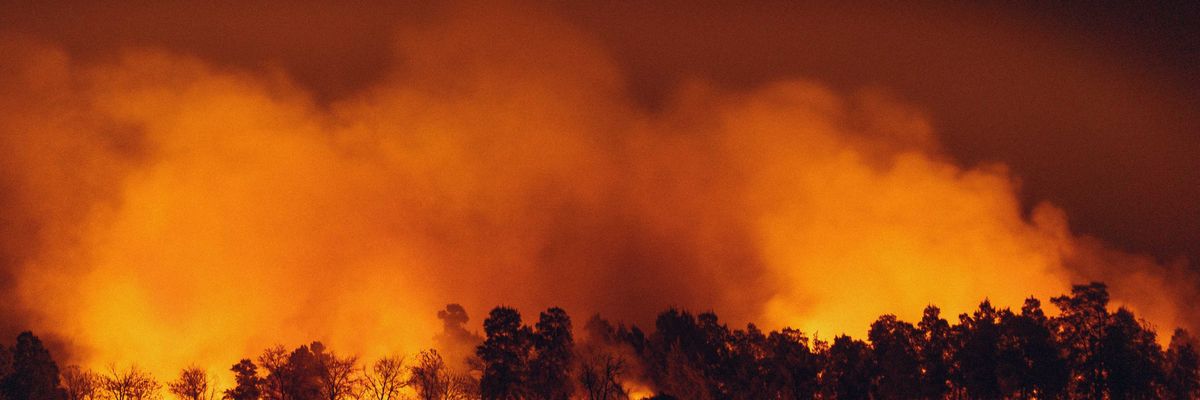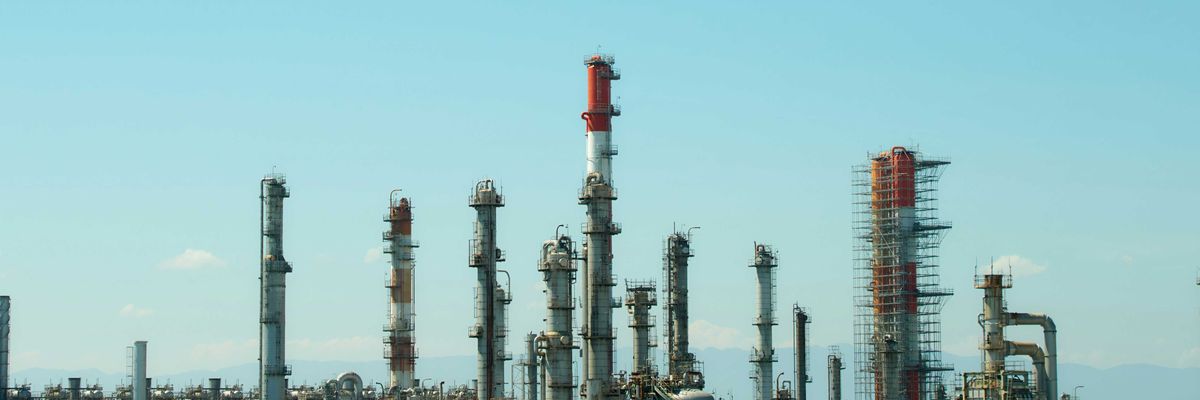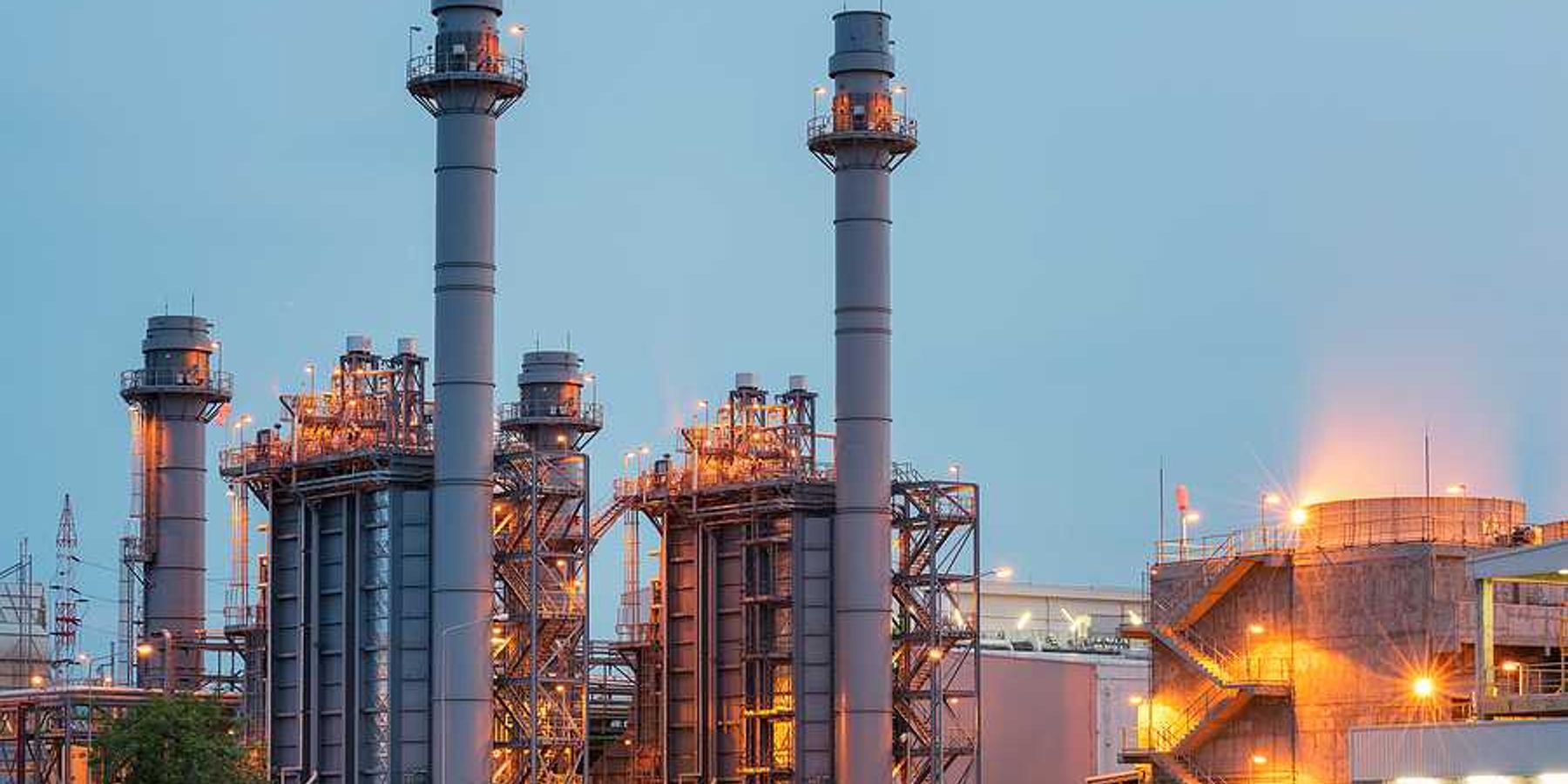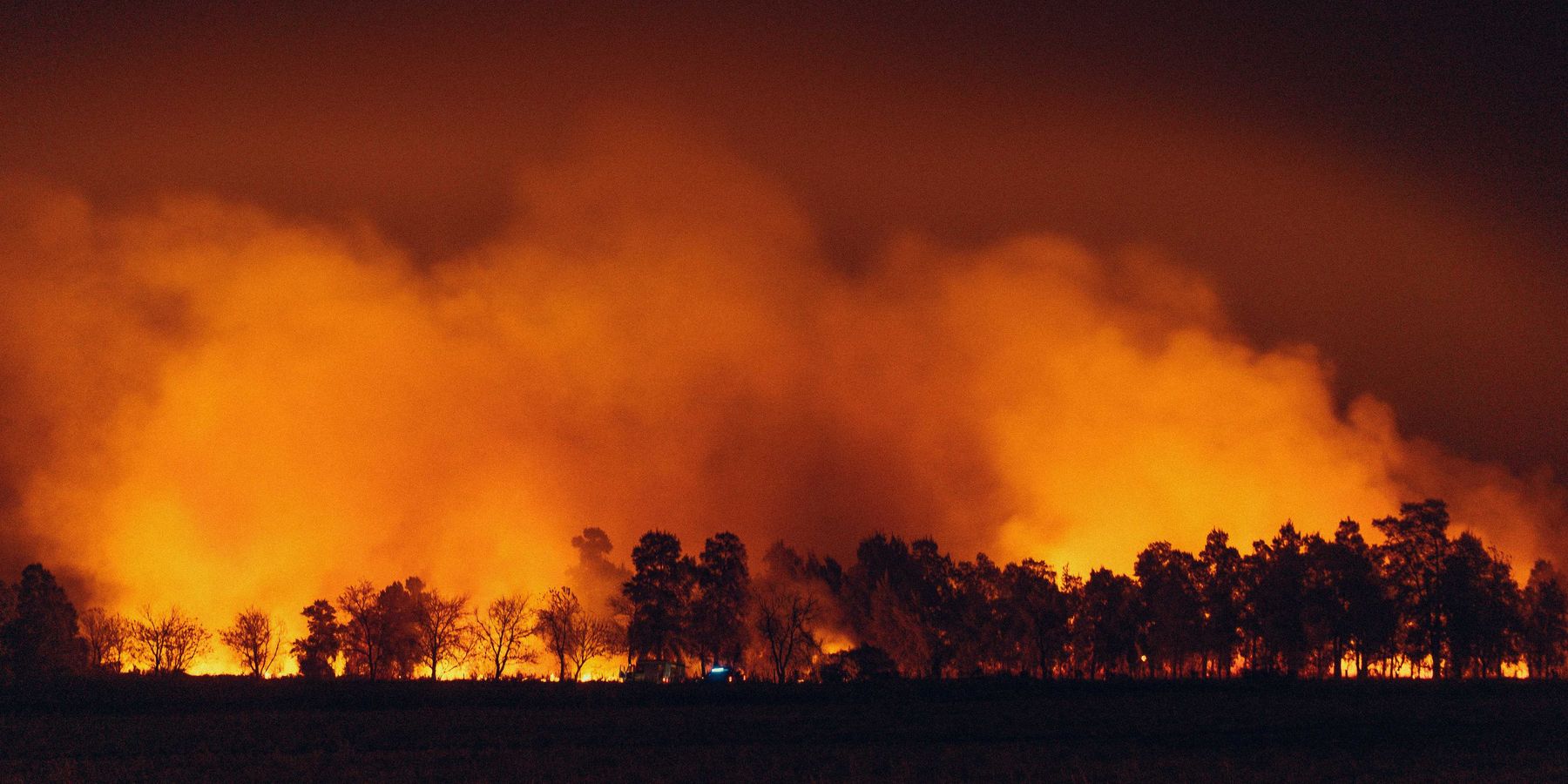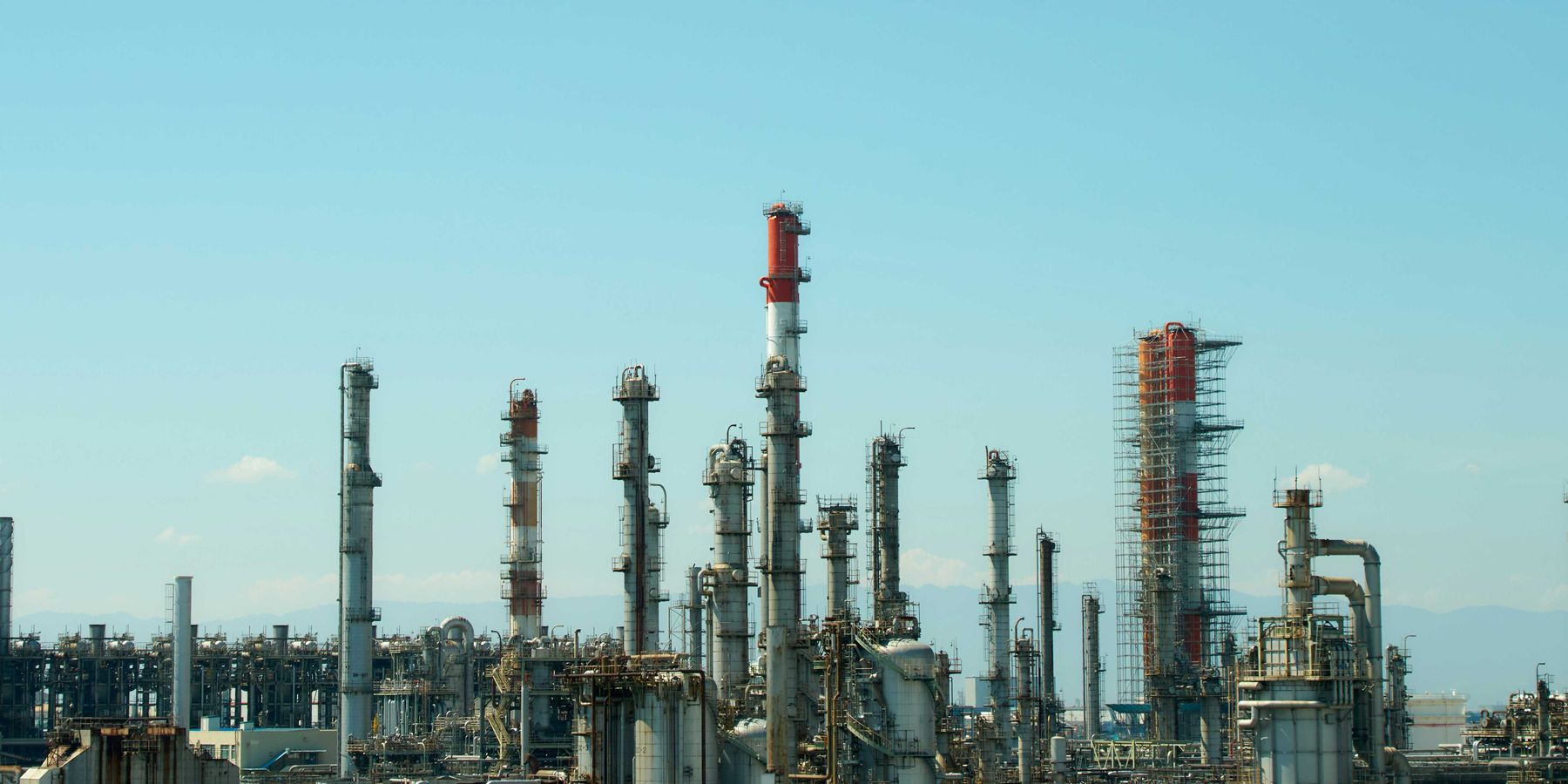financial accountability
Vermont enacts climate accountability legislation
Vermont's new bill holds high-emission companies accountable for climate-related damages.
In short:
- Vermont's Climate Superfund Act requires companies like oil giants to pay for climate change-related damages.
- Payments will be calculated based on each company's emissions from 1995 to 2024 and the impact of those emissions on Vermont's extreme weather.
- The funds collected will be used to enhance infrastructure, weatherproof public buildings, and address health impacts of climate change.
Key quote:
"We’re able to say very clearly, ‘We would not be experiencing these intense global temperatures without human-caused climate change and the history of carbon pollution.’"
— Andrew Pershing, vice president for science at Climate Central
Why this matters:
This law links financial accountability to scientific research on climate impact, potentially setting a precedent for other states. It addresses not just environmental but also public health challenges, offering a model for proactive climate adaptation and mitigation. Read more: "We just can’t quit fossil fuels, can we?"
New Interior Department policy to increase costs for oil drilling on public land
A long-awaited Interior Department policy will raise financial assurance and royalty rates, aiming to ensure cleaner operations and better returns for the public.
In short:
- The Department of Interior issued a new rule imposing stricter financial requirements for oil and gas companies on federal public land.
- Companies will now have to provide higher financial assurances for well cleanup and pay increased royalty taxes on extracted minerals.
- These changes aim to cut wasteful speculation, increase returns for the public, and protect taxpayers from environmental cleanup costs.
Key quote:
“These new regulations are the kind of common-sense reforms the federal oil and gas leasing program has needed for decades.”
— Athan Manuel, Sierra Club lands protection program director
Why this matters:
The new policy signifies a noteworthy shift in oil drilling regulation, aiming to ensure environmental protection and fairer returns for public resources, while also addressing climate concerns associated with methane emissions from abandoned wells. Read more: Oil and gas production responsible for $77 billion in annual U.S. health damages.
The looming cost of unaddressed oil well closures
As the oil industry faces a downturn, unplugged oil and gas wells present significant environmental and financial challenges, potentially burdening taxpayers with the cleanup bill.
Mark Olalde and Nick Bowlin report for ProPublica and Capital & Main.
In short:
- More than 2 million unplugged wells across the U.S. pose environmental hazards and contribute significantly to climate change through methane emissions.
- The financial provisions for well cleanup cover less than 2% of the estimated costs, leaving a substantial financial burden on taxpayers.
- Regulatory loopholes and insufficient enforcement allow companies to evade cleanup responsibilities, exacerbating the problem.
Key quote:
"The data presents an urgent call to action for state regulators and the Department of the Interior to swiftly and effectively update bond amounts."
— Shannon Anderson, organizing director of the Powder River Basin Resource Council
Why this matters:
The environmental and financial fallout from unplugged oil and gas wells affects public health and climate change indicating a pressing need for policy reforms to protect both the environment and taxpayer interests. Lax oversight and accounting sleights-of-hand help to make passing the buck on abandoned oil and gas wells a persistent and pernicious burden on the public good.
Richest 1% account for more carbon emissions than poorest 66%, report says
‘Polluter elite’ are plundering the planet to point of destruction, says Oxfam after comprehensive study of climate inequality.

